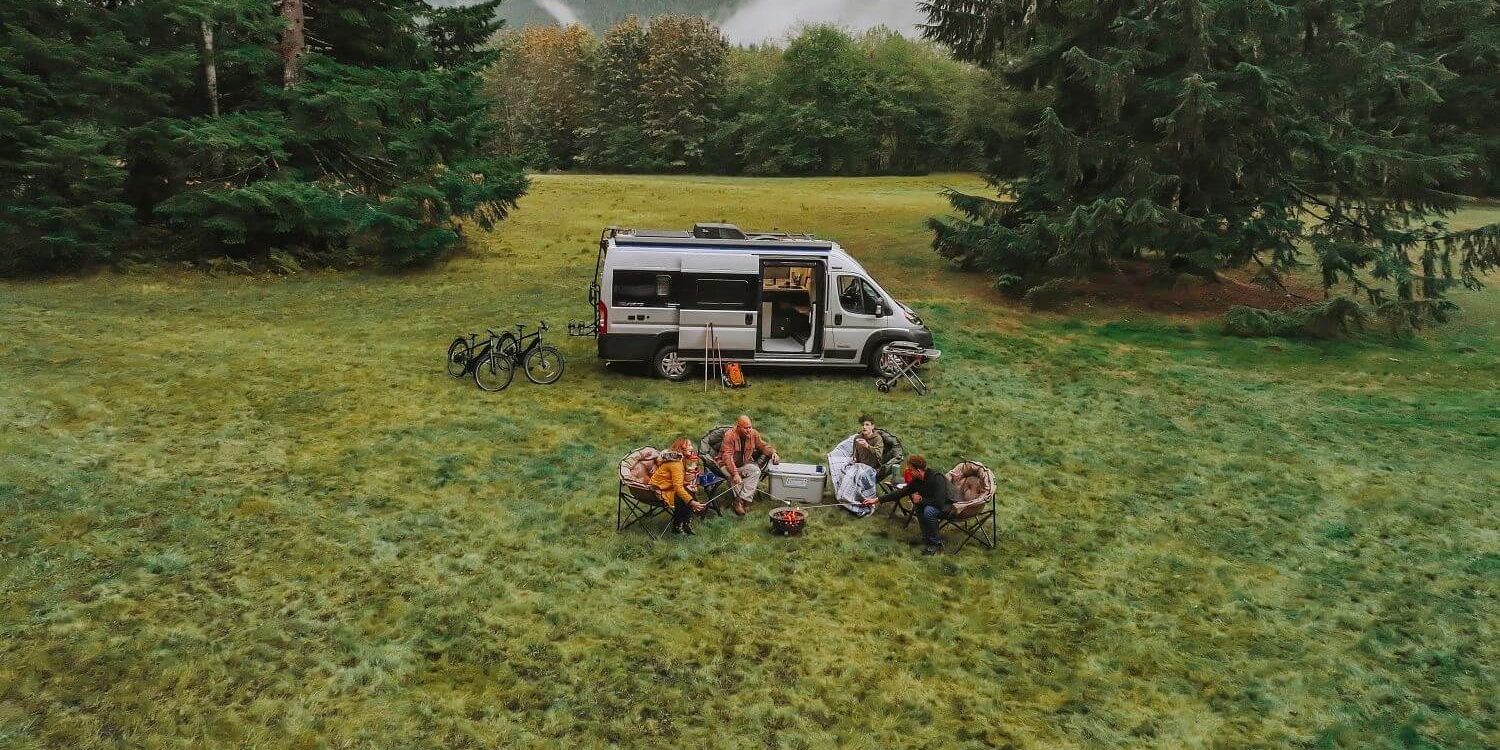Off-grid camping, also known as wild camping, is for those who seek to escape the hustle and bustle of daily life and immerse themselves in the tranquility of nature. This form of camping takes you away from traditional campgrounds and facilities, offering an authentic connection with the environment and a true sense of adventure. Whether you’re a seasoned camper looking for a new challenge or a newcomer eager to explore the wilderness, this guide will help you prepare for a memorable off-grid camping experience.
Understanding Off-Grid Camping
Off-grid camping means setting up camp in remote areas without access to standard amenities like electricity, water hookups, or bathrooms. It’s about being self-sufficient and leaving no trace of your stay behind. This type of camping encourages minimalism and a deep appreciation for the natural world.
Choosing the Right Location
The first step in planning an off-grid camping trip is selecting a location. National forests, public lands, and certain parks often allow off-grid camping, but it’s important to research and follow local regulations. Look for spots that are not only beautiful but also safe and legal for camping. Consider access to water sources, exposure to elements, and wildlife activity in the area.
Essential Gear for Off-Grid Camping
Packing the right gear is crucial for a successful off-grid camping trip. Since you’ll be far from the conveniences of a campground, your checklist should include:
- Tent: Choose a durable, weather-appropriate tent.
- Sleeping Bag and Pad: Ensure they’re suitable for the temperatures you’ll encounter.
- Water Filtration System: Access to clean water is essential.
- Cooking Equipment: A portable stove, fuel, and lightweight cooking utensils.
- Navigation Tools: A map, compass, or GPS device.
- First-Aid Kit: Be prepared for any minor injuries or emergencies.
- Lighting: Headlamps or lanterns for nighttime visibility.
- Leave No Trace Equipment: Garbage bags, a trowel for burying human waste, and eco-friendly soap.
Preparing for Safety
Safety should be your top priority when off-grid camping. Inform someone of your plans and expected return, and familiarize yourself with the area’s potential hazards. Knowing basic survival skills, like how to purify water, start a fire, and navigate using a map and compass, can make your trip safer and more enjoyable.
Embracing the Off-Grid Lifestyle
Off-grid camping is not just about where you go; it’s about how you connect with nature. Embrace the simplicity of life away from modern conveniences. Spend your days hiking, bird-watching, or simply reflecting in the serenity of your surroundings. At night, enjoy the unparalleled beauty of the starry sky, free from light pollution.
Leave No Trace Principles
Adhering to Leave No Trace principles is fundamental in off-grid camping. This means camping on durable surfaces, disposing of waste properly, respecting wildlife, and leaving what you find. The goal is to minimize your impact on the environment so others can enjoy the beauty of untouched nature for years to come.
Conclusion
Off-grid camping offers a unique opportunity to disconnect from the digital world and reconnect with nature. It challenges you to rely on your skills and resources, rewards you with unparalleled peace and beauty, and reminds you of the simple joys of the natural world. With the right preparation and respect for the environment, off-grid camping can transform your relationship with nature and provide an unforgettable adventure. So pack your bags, respect the wilderness, and embark on a journey that promises to bring you back to the essence of camping.










